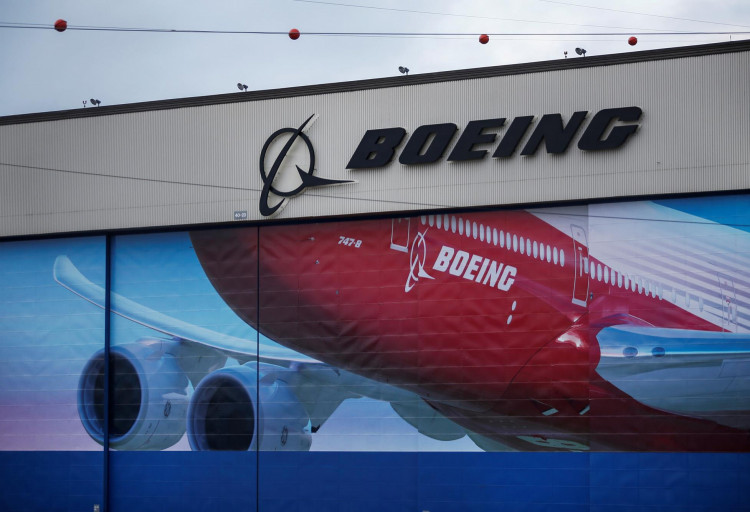The strike at Boeing, which began on Friday, has thrust the company into a significant crisis, with 33,000 workers in the Seattle and Portland areas walking off the job. At the core of this labor action is a deep-seated frustration among workers who feel sidelined by corporate decisions that have prioritized executive compensation over their welfare. Boeing, once a beacon of American engineering, has faced numerous challenges in recent years, including safety scandals, financial losses, and now, a strike that could cost the company as much as $1 billion per week.
This latest confrontation between Boeing and the International Association of Machinists and Aerospace Workers (IAM) is the first strike since 2008 and affects nearly 20 percent of Boeing's workforce. The strike won't disrupt commercial air travel immediately, but its ramifications could ripple through the U.S. economy. Boeing is one of the largest manufacturers in the country, with a vast network of suppliers that could be impacted if the work stoppage drags on.
The roots of the strike are deeply intertwined with Boeing's recent history of mismanagement and a perceived disregard for its workforce. Despite years of financial losses, Boeing's CEO, who comes from an accounting background, received a 45% pay increase in 2023, bringing his total compensation to nearly $33 million. This has only exacerbated the resentment among the company's unionized employees, whose wages have remained stagnant over the same period.
"The frustration among workers has been building for years," said Jon Holden, who led negotiations for the IAM union. "The offer from Boeing, which included a 25% pay increase over four years, was not enough to address the years of inflation and the concessions we've made in the past."
The union's rejection of Boeing's offer was overwhelming, with 96% of members voting against the proposed contract. Workers are demanding a 40% wage increase, better job security, and a return to the traditional pension system that was eliminated in a 2014 contract. Additionally, they are insisting that future Boeing aircraft be manufactured in the unionized shops of the Pacific Northwest, rather than at the non-unionized plant in South Carolina.
The strike comes at a precarious time for Boeing, which has been reeling from a series of cascading crises since 2018. The company's reputation took a severe hit following two deadly plane crashes and numerous safety failures, including a recent incident where a door plug blew off during an Alaska Airlines flight. These issues have led to multiple federal investigations and ongoing legal battles.
"Boeing's problems are not just about money," said Art Wheaton, director of labor studies at Cornell University's Industrial and Labor Relations School. "The company's highly corporatized structure has focused more on shareholder returns than on solid engineering. This strike is as much about restoring Boeing's reputation for quality as it is about wages and benefits."
Boeing's new CEO, Kelly Ortberg, who took over just five weeks ago, now faces the daunting task of navigating the company through this strike while addressing the deep-seated issues that have plagued Boeing for years. Ortberg, a mechanical engineer with nearly four decades of experience in the aerospace industry, has already shown signs of goodwill by spending his first day on the job touring the factory floor in Renton, Washington, and committing to working primarily from the Seattle office.
However, Ortberg's efforts may not be enough to quell the anger among Boeing's workforce. The decision to build a non-union plant in South Carolina in 2011 and the subsequent shift of Dreamliner production from Washington to South Carolina in 2020 have left a lasting scar on the union's relationship with management. Workers feel betrayed by the concessions they made in previous contracts, which included the end of traditional pension plans, only to see Boeing move jobs out of state.
"The Boeing workers are playing hardball, not just for the sake of exercising power they have in this moment, but informed by what has come before," said Sharon Block, executive director of Harvard Law School's Center for Labor and a Just Economy. "This is a union that agreed to concessionary contracts in the past when the company was in bad shape. And this is a union that saw the company move work out of the state in order to get away from the union."
As the strike continues, Boeing's key customers, including major airlines like Southwest, Alaska, and American, are likely to apply pressure on the company to resolve the dispute quickly. With Boeing already struggling to meet demand for its 737 and 777 models, and with orders delayed, the stakes are high for both the company and its workers.






